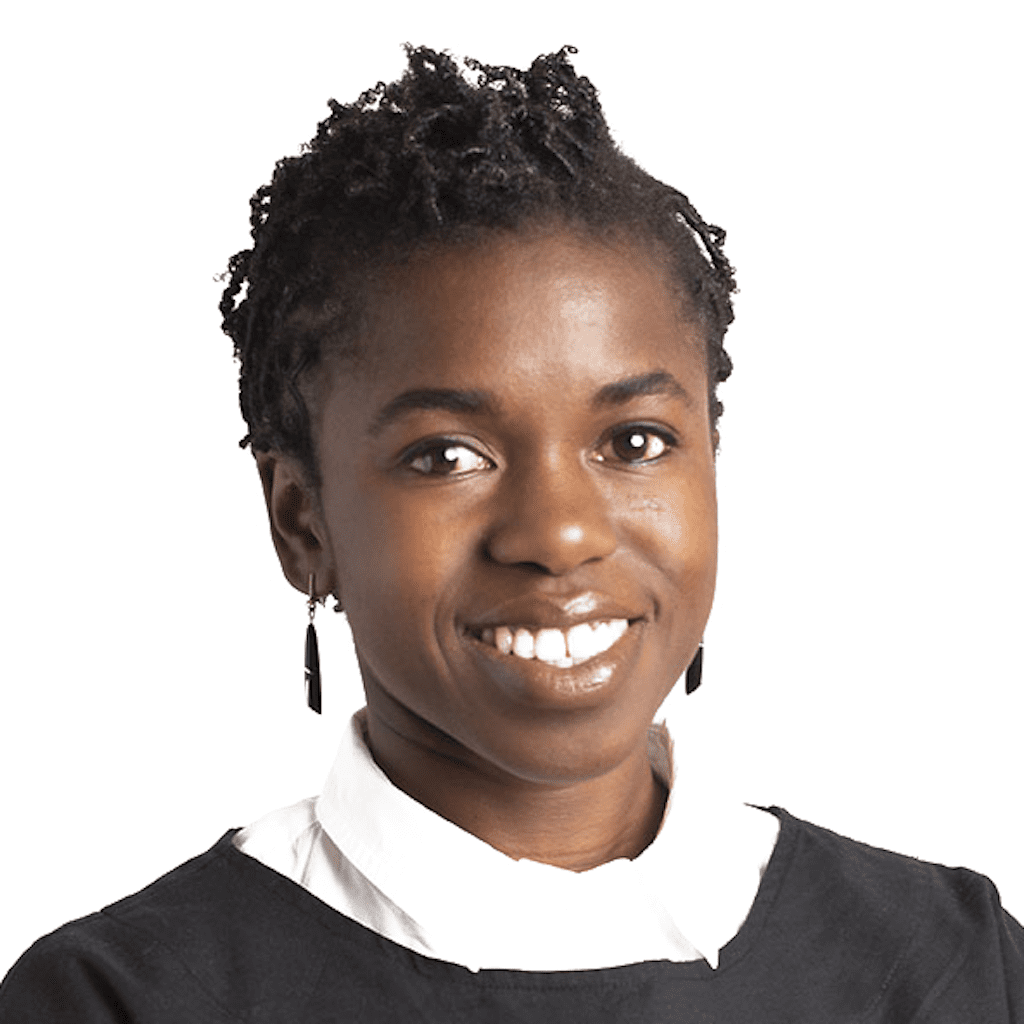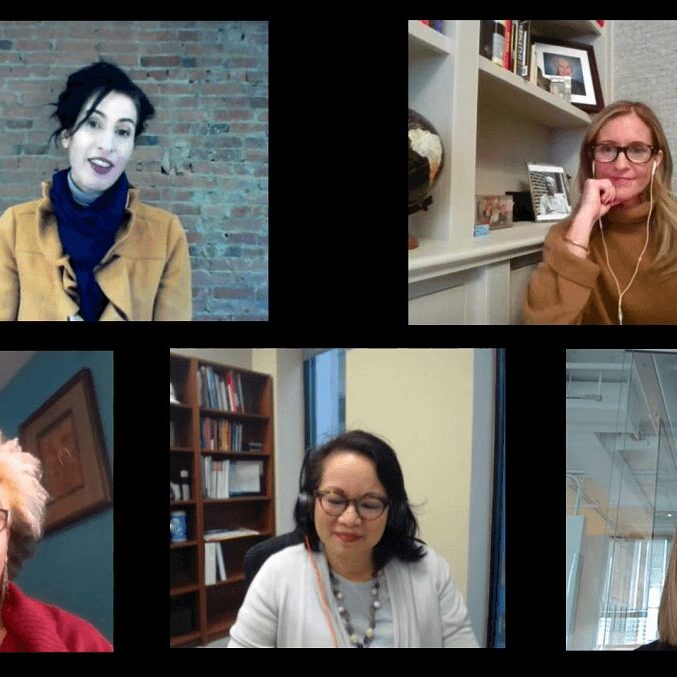EVERYWOMAN’S CITY
I was recently excited to join a panel to discuss how cities can be designed with women at the center. The Feminicty panel, moderated by Evergreen’s Chief Program Officer, Orit Sarfaty included three city building professionals plus myself; Renee Daoust a leading architect; Andrea del Zotto, a progressive urban developer; and leading professional in arts and culture, Joy Bailey-Bryant. These women are leaders in their fields, successful and accomplished.
We had a positive discussion on female friendly city amenities like more public washrooms with change tables and more curb cuts for strollers. We talked about how women’s sense of safety and security is a blind spot for design and development of buildings and public spaces. But there was a greater blind spot that I raised during our our conversation – the fact that the women whose lives are most compromised in our cities have next to little place in public conversations on planning and urban public policy. Women who do not have access to a family doctor in their neighbourhood. Women who are holding down several jobs with no affordable childcare. Women who have no access to sponsors or networks that can champion them for promotions or job opportunities. How are we planning neighbourhoods and communities for them? The FeminiCity I would like to see should centre on the needs of all women.
Toronto like many cities around the world are back in lockdown. This is new reality is a greater disaster for women. In Canada, employment among women aged 25 to 54 years fell by 298,500, more than twice the decrease among men during the pandemic. Nearly half of this decrease (144,000) was among women working part-time, many in low paid service and care work who were already living on the financial edge before the pandemic struck . Even more tragic is the fact that 30% of women in the workforce have considered leaving their jobs, compared to fewer than 20% of men, according to Catalyst.
Abigail Moriah is one young black woman who has been speaking out about the need for city building practitioners to address issues of inclusion in urban planning and development. As a 2015/16 CivicAction DiverseCity Fellow, I had the honour of being Abigail’s mentor and have witnessed her flourish to find herself and find her true voice. As the founder at The Black Planning Project, she is challenging the planning profession to step out of its colonial past and walk through to a future that is more inclusive.
Established urban practitioners, need to support, and make room for the Abigails in our midst. The cities we will thrive in – even the most progressive – like Toronto, can lead the way.


